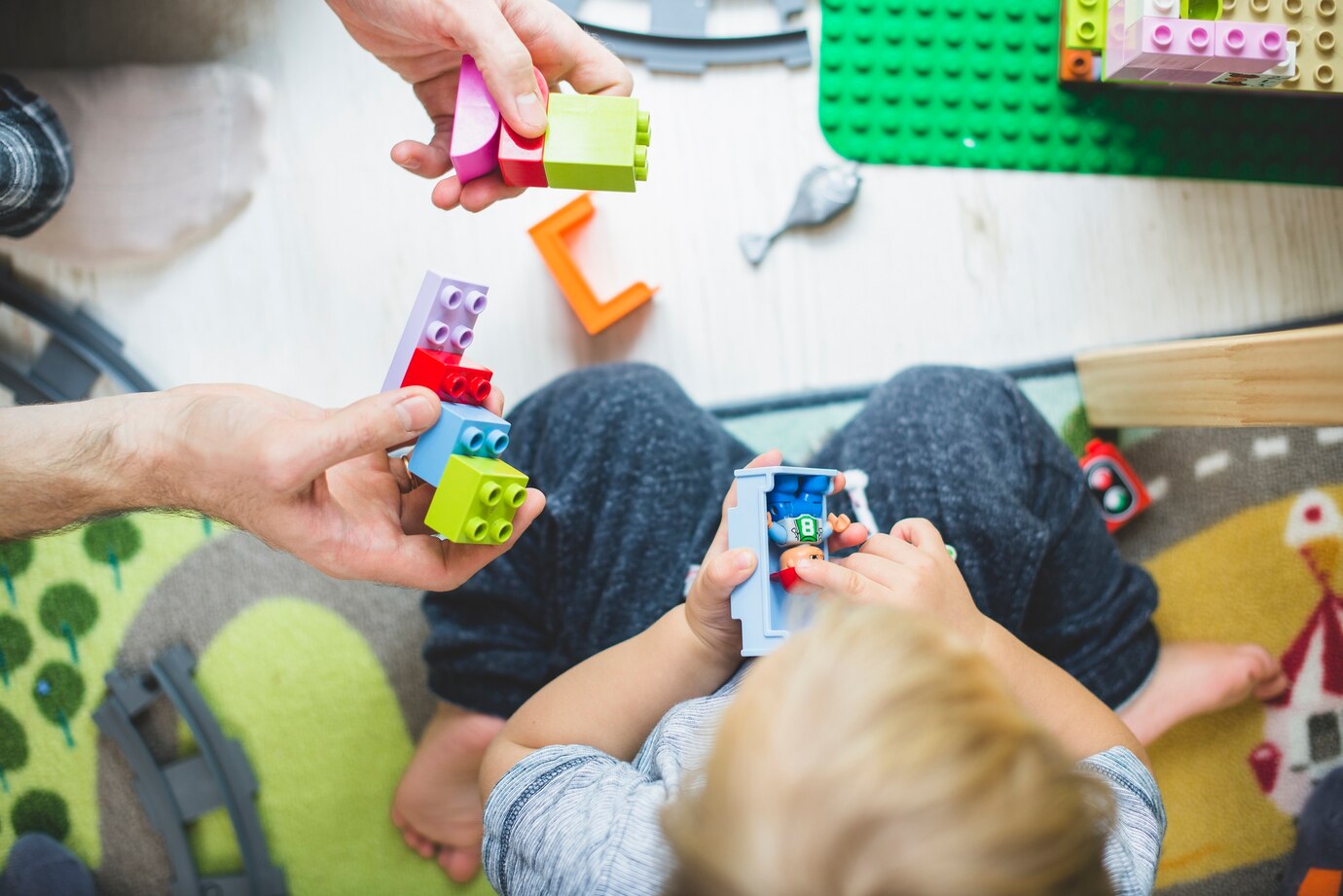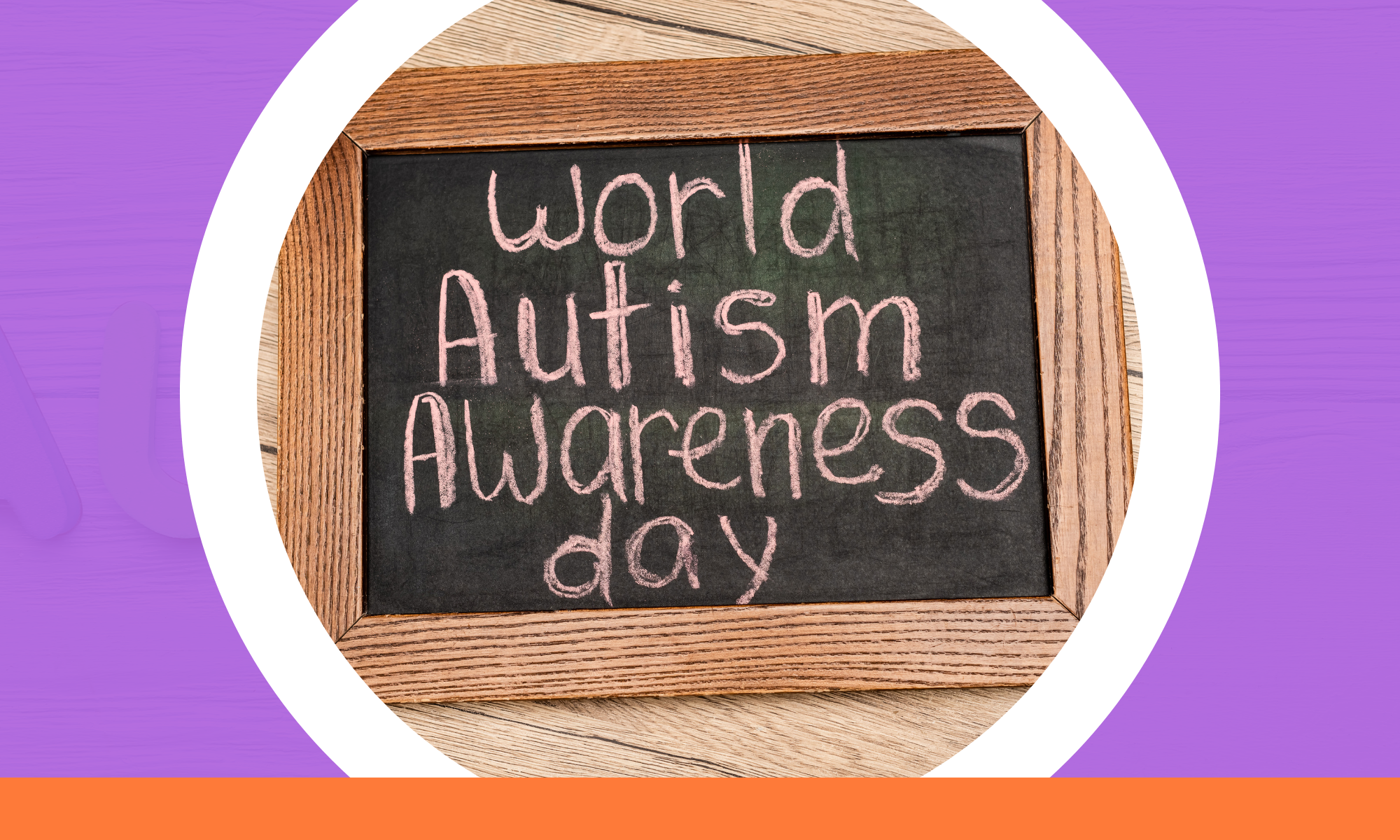Navigating the transition from early intervention to primary school in Ireland is an important process for children with special educational needs (SEN) and their families. Early intervention services in Ireland are designed to provide support and assistance to children from birth to six years of age. As parents, it’s natural to feel a sense of apprehension as your child enters a new phase of their education. It’s important to remember, however, that you are not alone in this journey.
There are numerous resources available to help families navigate this transition and set their children up for success in school. From communicating with educators and therapists, to familiarising children with their new school environment, there are helpful steps to take that ease navigating the transition from early intervention to primary school.
A study from the National Council for Special Education found that 14,000 students have an autism diagnosis, 1 in every 65 students or 1.5% of the school population.
Our Autism Services
At Autism Assessment Centre Ireland we know that children can experience the world in many different ways and that some children have unique needs which might require extra help as they grow. Knowing what those needs might be, and how best to support them is something that an assessment of need can help with.
With occupational therapists, psychologists and speech and language therapists on our roster, we have the right people to help ease this all-important transition. We offer office space for assessments, ensuring patients are seen in the right place. Our staff have the right skills and knowledge to conduct assessments and build relationships with children to ensure a safe, comfortable and accurate assessment.
Assessment and Planning
As children approach school age, a formal assessment is conducted to determine their specific needs and the level of support required. Assessment and planning are essential to ensure the child continues to receive the support they need to thrive in their new environment. An Individual Education Plan (IEP) or Individualised Education Programme (IEP) may be developed for each child that outlines their educational goals, required supports, and the strategies to achieve these goals.
Parents and caregivers play a pivotal role in the assessment process. They provide valuable information about their child’s history, development, and any concerns they may have. Their insights help create a more holistic understanding of the child’s needs. By working closely with educators and specialists, families and caregivers can gain the tools and resources necessary to create a plan that meets the individual needs of the child. With the right support, this transition can be made smoothly, paving the way for the child’s continued success in school and beyond.

Special Education Needs Organisers (SENO)
SENOs or Special Education Needs Organisers are professionals who work with families and schools to ensure that children with special education needs receive appropriate support and accommodations. SENOs help facilitate the transition process, provide guidance to parents, and collaborate with schools to implement the child’s individual education plan. The Education for Persons with Special Educational Needs (EPSEN) Act 2004 reinforces the rights of children with disabilities to an inclusive education.
They are trained professionals who can help ease the transition process and ensure that every child gets the best possible education. With their guidance, parents can feel confident that their child is getting the care and support they need. From providing advice on schooling options to arranging assessments, SENOs can make a world of difference in helping children with special needs navigate this important milestone.

School Placement
As children approach primary school age (typically around six years old), there is a shift in the type and level of support they receive, as they move from early intervention services to school. Depending on the child and the recommendations in their individual education plan, they may attend a mainstream primary school with support or a special school designed to meet their needs. The decision on school placement is made through collaboration between parents, SENOs, and school authorities. Schools in Ireland receive funding and support from the National Council for Special Education (NCSE) to provide necessary resources and services for children with SEN.
Support services may include the presence of special needs assistants (SNAs) in the classroom, assistive technology, speech and language therapy, and more. This significant milestone is often filled with uncertainty, as parents struggle to determine the best school placement for their child. It is crucial to consider the unique needs of each child when making this decision, as the right placement can have a significant impact on their academic, social, and emotional development. With careful planning and collaboration with educators, parents can ease the transition and ensure their child receives the support they need to thrive in their educational journey.
The transition from early intervention to primary school can be navigated by being aware of the support systems available such as SENO’s and certain communication tools. Utilising resources such as individual education plans and having activities that focus on inclusion for parents are also important when preparing a child for a successful transition. Connecting with other families who have faced similar transitions is a great way to share advice and offer emotional support.
With patience, understanding and knowledge, it is possible to make the transition into school easier for the child. School should be an enjoyable experience at all times so creating an atmosphere of acceptance and support during this time is key. With support and guidance, families can navigate this transition with confidence and set their children up for a bright future.











